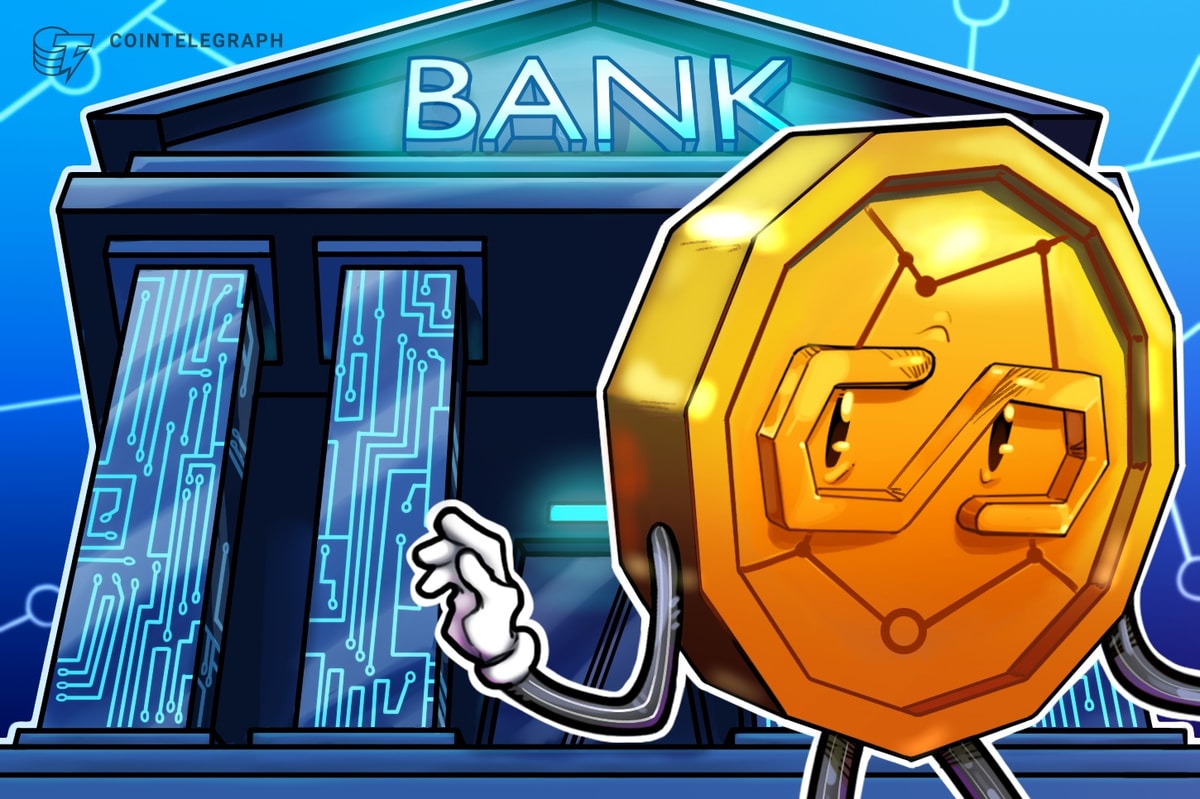A controversial Thailand government plan to deposit money to all citizens over 16 through digital wallets may or may not be facing more headwinds after the Office of the Council of State provided the government with an appraisal of its funding methods.
Thai publication The Nation reported that the council had taken a negative stance on the plan to distribute 10,000 baht ($286) to 54.8 million Thai citizens as an economic stimulus. The council stated that if the government believed the economic situation called for such a measure, it should have enacted it by decree instead of proposing a bill to borrow the money needed for the plan. Funding the plan through legislation would take months, the council reportedly said.
Deputy Finance Minister Julapun Amornvivat later claimed the council concluded that the plan was legal and could be implemented on May 1 as expected, according to the same publication. Meanwhile, opposition politicians are preparing for a “special Senate debate” that will address concerns about the plan, among other things. Prime Minister Srettha Thavisin is also reportedly planning a government meeting on funding the project next week.
(1/2) BREAKING: The Council of State has on Mon given a green light to the 10,000 baht digital wallet handouts scheme but added that loan must be in line with Financial laws & it should be reviewed by various parties, said Deputy Finance Minister Julphan Amornvivat. #Thailand pic.twitter.com/soAAlP8BOF
— Khaosod English (@KhaosodEnglish) January 8, 2024
The council’s report will not be released to the public, but it allowed the government to disclose its opinion, The Nation reported. The Council of State is an advisory body made up of members of the government and chaired by the prime minister. Its opinions are influential but not binding.
Related: India, Nigeria, Thailand top Chainalysis’ 2023 Global Crypto Adoption Index
Distribution of the money was originally slated to take place on Feb. 1. The plan has been met with resistance since it was proposed, with some members of the opposition calling the plan a risky and unconstitutional election ploy on the part of the pro-crypto prime minister. Supporters said the move would lead to 5% growth in the Thai economy.
The delay of the launch was announced in October and attributed to funding complications. The development of the “super-app” wallet to implement the distribution of the funds also proceeded more slowly than anticipated. Julapun said in October:
“The prime minister instructed us to be ready to hand out the money by Feb. 1, but I am ready to tell him that we cannot make it because we must take time to develop a stable and secure system.”
Vendors not “part of the tax system” would reportedly be able to use the electronic currency, but not convert it into cash. A mandatory Know Your Customer procedure would cost every user 100 baht ($2.86).
The digital baht is apparently not central bank digital currency (CBDC). Thailand launched a CBDC sandbox in June. The project lasted for three months, and the Bank of Thailand has stated that it has no plans to launch a CBDC.
Magazine: Thailand’s $1B crypto sacrifice, Mt Gox final deadline, Tencent NFT app nixed: Asia Express










